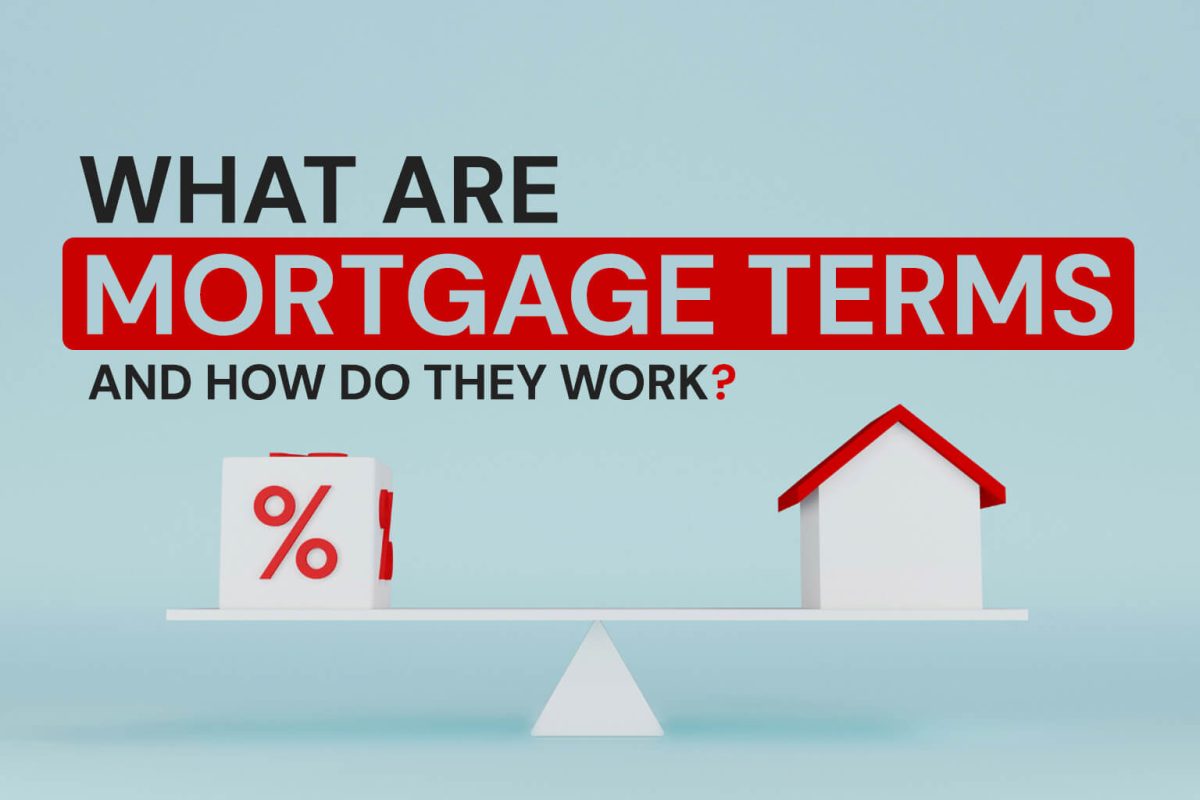When applying for a mortgage, one of the key considerations is the mortgage term. The mortgage term refers to the number of years over which you agree to repay the loan, along with the interest. Choosing the right mortgage term is crucial, as it affects your monthly payments, the total interest paid, and potentially your financial planning into retirement.
Understanding Mortgage Terms
A longer mortgage term generally results in lower monthly payments, but you end up paying more interest over the life of the loan. Conversely, a shorter term means higher monthly payments but less interest paid overall. The choice of term depends on factors like your age, financial circumstances, and future plans.
Standard Mortgage Terms
Traditionally, a 25-year mortgage term was common, linked to long-term investments like endowments. However, many lenders now offer terms extending up to 30, 35, or even 40 years. This flexibility allows borrowers to choose a term that fits their financial situation. It’s important to consider how the term length impacts your loan-to-value (LTV) ratio and overall cost.
Types of Mortgage Repayment Methods
- Repayment Mortgages: With this type, you pay off both the interest and the capital each month. This method gradually reduces your loan balance over time. The monthly payments are higher if you choose a shorter term, but you’ll pay less in total interest.
- Interest-Only Mortgages: Here, you only pay the interest on the loan each month. The capital amount remains unchanged, requiring a lump-sum payment at the end of the term. To qualify, lenders typically require proof of a repayment plan, such as investments or pensions.
Impact of Mortgage Term on Costs
The length of your mortgage term directly impacts the total interest paid. For example, borrowing £225,000 at a fixed rate of 5% over different terms shows significant differences in total cost:
| Term | Monthly payment | Total cost of mortgage | Total interest over full term |
|---|---|---|---|
| 10 years | £2,148 | £257,739 | £55,239 |
| 25 years | £1,184 | £355,138 | £152,638 |
| 40 years | £976 | £468,695 | £266,195 |
These figures illustrate that while longer terms lower monthly payments, they increase the total amount paid over the life of the loan. It’s essential to use mortgage calculators to understand the implications of different terms.
Adjusting Your Mortgage Term
You can change your mortgage term by either extending or shortening it, depending on your financial situation. Extending the term can reduce monthly payments but increase the total interest paid. Shortening the term can lead to higher payments but reduce the overall interest. Lenders may charge fees for changing the term, and additional assessments may be required, especially if the new term extends beyond retirement age.
Overpayments and Mortgage Term Reduction
Making overpayments can reduce your mortgage term and the total interest paid. Many lenders allow overpayments up to a certain percentage of the loan balance without incurring early repayment charges. This option can be particularly beneficial if you have extra funds available.
Age and Mortgage Term Eligibility
Younger borrowers, such as those in their twenties or thirties, can typically secure longer mortgage terms, as lenders assume they will continue working throughout the loan’s duration. Lenders will assess your expected retirement age and income stability when determining the appropriate term length.
Please note: The information provided here is not intended to constitute financial advice. Always seek guidance from a regulated mortgage adviser before making financial decisions.
Read more related topics about Mortgage:

